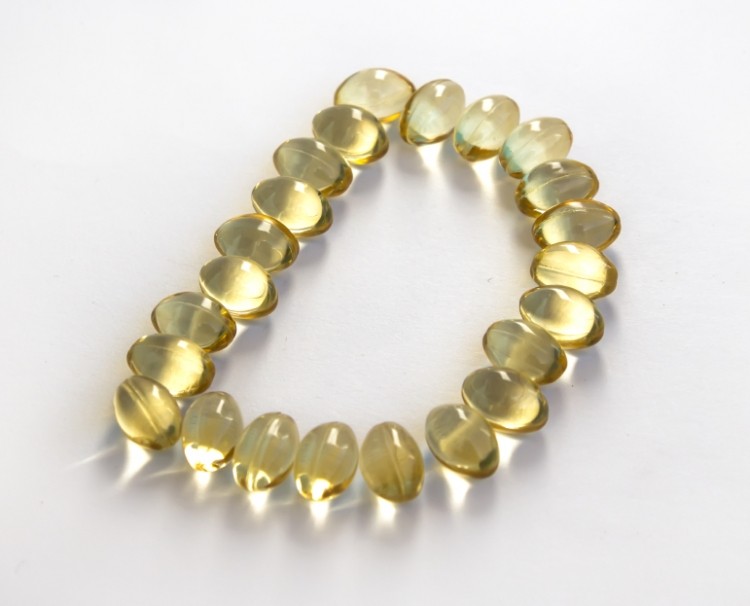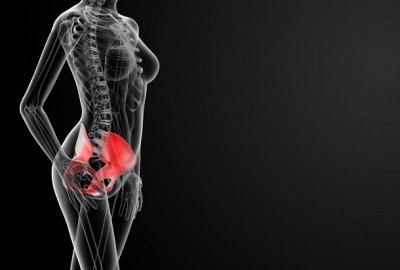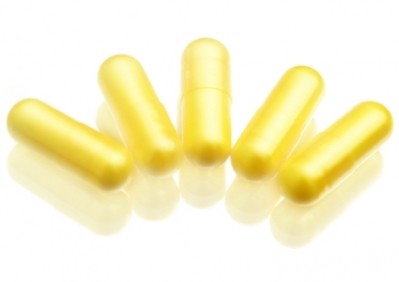Supplements on wheels: Vitamin D trial shows promise for reducing falls in homebound elderly

Findings from the pilot study, reported in the Journal of the American Geriatrics Society, suggest that a monthly vitamin D supplement of 100,000 international units delivered as part of existing ‘meals-on-wheels’ (MOW) services is an effective way to increase blood vitamin D concentrations – known as 25-hydroxyvitamin D, or 25(OH)D – and lower rates of falls.
“This pilot study showed that delivering vitamin D supplements through the MOW program was feasible and improved 25(OH)D concentrations in homebound older adults. The rate of falls over 5 months of follow-up was lower in those randomized to vitamin D,” said the team – led by Professor Denise Houston of at Wake Forest Baptist Medical Center.
"Although these initial findings are encouraging, we need to confirm the results in a larger trial," Houston added.
Pilot study
The team set out to evaluate the feasibility of delivering a vitamin D supplement through a MOW program to improve vitamin D levels and reduce falls.
They recruited 68 community-dwelling homebound adults aged between 65 and 102 in to the single-blind, cluster randomized trial, with 38 participants randomised to receive supplementation of 100,000 IU of vitamin D3 per month over a five month period, while 30 participants received an active placebo of 400 IU of vitamin D3 per month for the same timeframe.
The team explained that a monthly dose supplement was used to maximise compliance.
“This monthly dose is equivalent to a daily dose of 3,300 IU/d, which is above the IOM's recommended dietary allowance of 800 IU/d for individuals aged 70 and older but below the tolerable upper intake of 4,000 IU/d,” they explained.
At the beginning of the pilot, Houston and her colleagues found that more than half of the participants had insufficient concentrations of vitamin D in the blood (less than 20 ng per ml), while less than a quarter had concentrations in the optimal range (30 ng per ml or more).
The study included the participants' history of falls and their fear of falling, blood tests at the beginning and at end of the trial to measure 25(OH)D, and a monthly diary recording falls during the trial period.
“After the 5-month intervention, only one of 34 participants randomised to vitamin D3 had 25(OH)D concentrations less than 20 ng/mL, compared with 18 of 25 participants randomized to placebo,” noted the team.
In addition, those in the vitamin D group reported approximately half the falls of those in the control group, said the team.
“A vitamin D intervention delivered through MOW was feasible, resulting in improvements in 25(OH)D concentrations and a lower rate of falls in adjusted analyses,” concluded the team – adding that “further research is needed to validate the reduction in falls from this type of intervention.”
Source: Journal of the American Geriatrics Society
Published online ahead of print, doi: 10.1111/jgs.13610
“Delivery of a Vitamin D Intervention in Homebound Older Adults Using a Meals-on-Wheels Program: A Pilot Study”
Authors:Denise K. Houston, et al

















